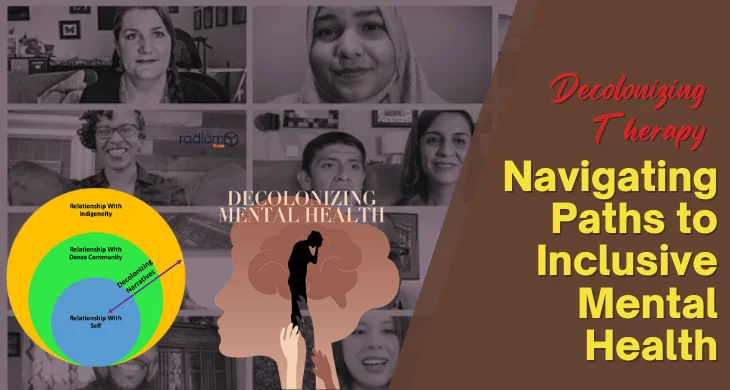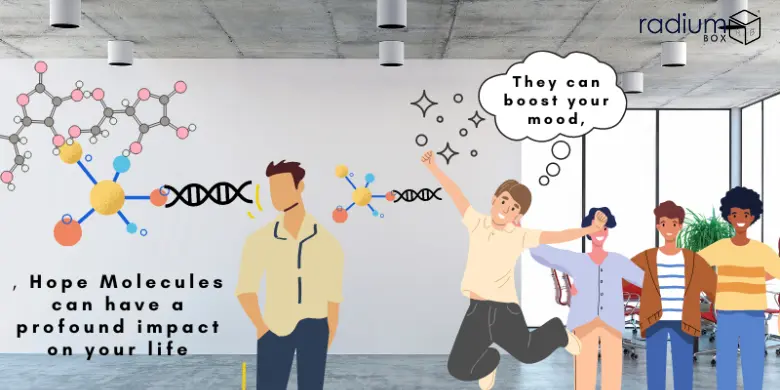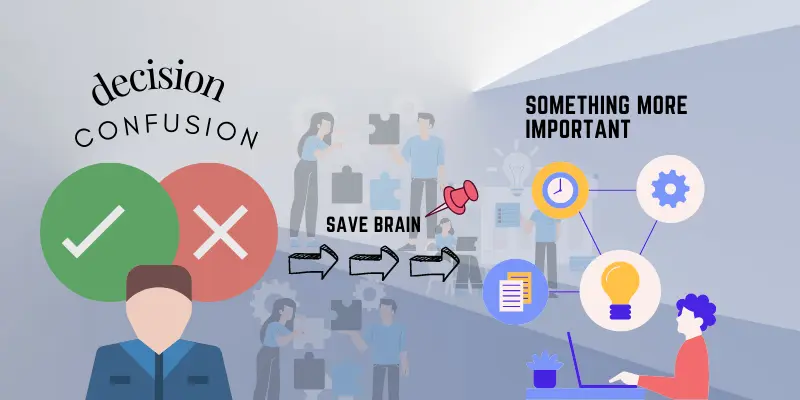Welcome to “Decolonizing Therapy: Navigating Paths to Inclusive Mental Health.” This transformative journey explores the imperative of decolonization in mental health, fostering a culturally sensitive and inclusive approach. Dismantling colonial frameworks, we delve into diverse therapeutic paths, acknowledging the unique narratives of marginalized communities. This guide illuminates the importance of embracing global perspectives, diverse healing traditions, and intersectionality, advocating for a more inclusive, equitable, and empowering landscape within the realm of mental well-being.
Cultural Sensitivity in Therapy
Immerse yourself in the significance of Cultural Sensitivity in Therapy, recognizing its pivotal role in mental health treatment. Embrace the diversity of identities within therapeutic spaces, fostering inclusivity and understanding. By acknowledging and respecting various cultural backgrounds, therapists create environments where individuals feel seen, heard, and validated. This approach goes beyond mere awareness, promoting genuine connection and empathy. Cultural sensitivity acts as a guiding principle, ensuring that mental health professionals navigate the complexities of diverse identities with respect and openness, ultimately contributing to more effective and inclusive therapeutic relationships that honor the unique experiences of each individual.
Global Perspectives in Healing
Embark on a journey of Global Perspectives in Healing within mental health practices, acknowledging the richness of diverse healing traditions worldwide. Navigate paths that transcend cultural boundaries, recognizing and valuing the varied approaches to well-being. By incorporating global perspectives, therapists enrich their understanding of holistic healing, drawing inspiration from traditions that prioritize mental, emotional, and spiritual balance. This inclusive approach fosters a tapestry of therapeutic interventions, tailored to diverse cultural contexts. By appreciating the wisdom embedded in global healing traditions, mental health practices become more comprehensive, adaptable, and responsive, fostering a universal understanding of mental well-being that transcends geographical and cultural divides.
Intersectionality in Mental Wellness
Acknowledge the profound concept of Intersectionality in Mental Wellness, understanding that identities and experiences intersect in complex ways. Advocate for mental health approaches that embrace this intricate interplay of social factors such as race, gender, and sexuality. Recognize that individuals exist within multiple layers of identity, each influencing mental well-being uniquely. By navigating the nuanced intersections, therapists can offer more nuanced, personalized support. This approach rejects one-size-fits-all mental health solutions, fostering a compassionate and tailored understanding of each person’s journey. Embracing intersectionality ensures that mental health strategies resonate with the diverse realities individuals navigate, promoting more inclusive and effective therapeutic outcomes.
Empowering Marginalized Voices
Center and elevate the imperative of Empowering Marginalized Voices in the discourse surrounding mental health. Advocate for the active inclusion and amplification of voices from marginalized communities, ensuring their narratives shape the narrative. This approach promotes empowerment, agency, and self-advocacy, recognizing the inherent strength and resilience within these communities. By actively listening and valuing diverse perspectives, mental health discourse becomes more representative and responsive. Encouraging marginalized voices to take center stage not only validates their experiences but also contributes to a more inclusive, equitable, and informed understanding of mental well-being, fostering collective empowerment and social change.
Dismantling Stigmas and Biases
Embark on the crucial task of Dismantling Stigmas and Biases within the realm of mental health, striving for an inclusive and compassionate understanding of diverse lived experiences. Challenge preconceived notions and discriminatory attitudes that perpetuate stigma, fostering an environment of acceptance and empathy. By actively dismantling biases, therapists contribute to a more accessible and supportive mental health landscape. This approach promotes open dialogue, reducing the barriers that prevent individuals from seeking help. Ultimately, the journey of dismantling stigmas and biases ensures that mental health is viewed through a lens of humanity, understanding, and solidarity.
Equitable Access to Mental Health Services
Champion the cause of Equitable Access to Mental Health Services, advocating for a system that dismantles systemic barriers hindering marginalized individuals from obtaining vital care. Addressing disparities in mental health services ensures that all individuals, regardless of background, have equal opportunities to seek and receive necessary support. This advocacy promotes inclusivity and social justice, acknowledging the diverse needs of communities. By dismantling systemic hurdles, therapists contribute to creating a mental health landscape where accessibility is a fundamental right, fostering a society where everyone can access and benefit from the care they require to achieve and maintain mental well-being.
FAQ’S
- What does “decolonizing therapy” mean?
- “Decolonizing therapy” involves critically examining and restructuring mental health practices to eliminate colonial influences, fostering inclusivity and cultural sensitivity.
- How can therapists embrace cultural sensitivity in their practice?
- Therapists can embrace cultural sensitivity by acknowledging diverse identities, learning about various cultures, and adapting therapeutic approaches to suit individual cultural contexts.
- Why is global perspective important in mental health practices?
- A global perspective is crucial for recognizing and valuing diverse healing traditions worldwide, ensuring mental health practices are inclusive and adaptable to different cultural norms.
- What role does intersectionality play in mental wellness?
- Intersectionality acknowledges the complex interplay of social factors in mental health, emphasizing the importance of considering multiple layers of identity and experience.
- How does the guide promote the empowerment of marginalized voices?
- The guide promotes empowerment by centering and amplifying the voices of marginalized communities, fostering agency, and advocating for self-advocacy within mental health discourse.
Conclusion
In conclusion, “Decolonizing Therapy: Navigating Paths to Inclusive Mental Health” is a transformative exploration into reshaping the landscape of mental well-being. Through understanding colonial frameworks, embracing cultural sensitivity, and advocating for equitable access, this journey seeks to dismantle biases and foster empowerment. The imperative of amplifying marginalized voices and recognizing intersectionality emerges as a cornerstone, ensuring a comprehensive, inclusive approach. By navigating global perspectives and acknowledging diverse healing traditions, the guide paves the way for a mental health landscape that transcends cultural boundaries. In dismantling stigmas, biases, and systemic barriers, the vision of an inclusive, compassionate, and accessible mental health future becomes an attainable reality.




